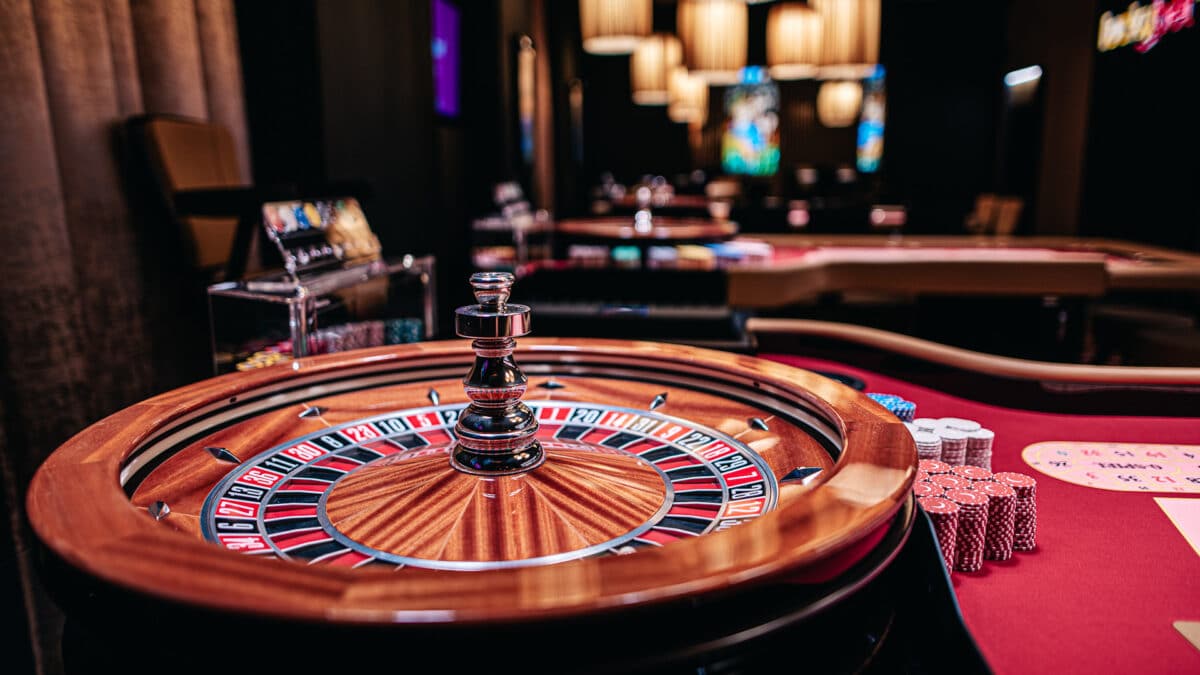
In the vibrant world of gambling, gambling house games have long captured the imagination of participants around the world. These activities, ranging from classic table options like Texas Hold’em to the whirling reels of slots, offer an captivating blend of luck and tactics. While luck undeniably plays a significant role in determining outcomes, the significance of knowledge in many casino options cannot be ignored. Understanding how skill shapes gameplay can elevate not only a player’s enjoyment but also their odds of achievement.
As we explore further the dynamics of casino games, it becomes clear that some need a strong grounding of knowledge and planning. Activities like poker require more than mere fortune; they demand analytical thinking, emotional insight, and strategic decision-making. In comparison, other games, such as the roulette wheel and fruit machines, are primarily based on randomness, allowing gamblers to rely exclusively on fortune. This distinction raises fascinating questions about what truly drives achievement in the world of casinos and how a gambler’s abilities can tip the scales in their benefit.
Grasping Expertise versus Luck in Casino Activities
Within the realm of casino games, the discussion between skill and luck is a long-standing one. Numerous games are often categorized into two categories: those that depend predominantly on randomness, such as slot machines and roulette, and those where skill plays a major role, like the game of poker and blackjack. The distinction is crucial because it influences not only gameplay strategies but also the approach players take when engaging with these games. While luck can play a decisive role in the immediate, skilled players can improve their odds of winning over the long run in skill-based games.
Skill-based games, especially poker, demand players to understand probability, human behavior, and game strategies. A seasoned poker player can analyze rivals, make strategic bets, and know when to fold, all of which can lead to greater successful outcomes. Conversely, in games that are purely chance-driven, no amount of skill can alter the odds. This means that while a player may win big in one session, their success may often be at the mercy to the vagaries of random outcomes rather than any strategic expertise.
Ultimately, both skill and luck exist together in the world of casino games, creating a vibrant environment for players. Although games of chance can provide excitement and instant gratification, mastery and strategy in skill-based games offer a deeper level of engagement for those willing to dedicate time in refining their craft. This interaction between skill and luck defines the journeys of players and shapes their relationship with the games they choose to play.
The Impact of Expertise on Casino Results
In the field of casino games, skill plays a key role in determining the results, especially in activities where tactics and decision-making are paramount. For example, in the game of poker, players must analyze opponents, calculate odds, and make calculated bets to enhance their odds of winning. Unlike games that depend purely on luck, such as slots or roulette, this game demands an understanding of both the game mechanics and the behavior of other players, making expertise a critical component of victory.
Additional strategy-based games, like the game of blackjack, also emphasize the significance of player skill. Knowledge of basic tactics, card counting, and when to hit or stand can dramatically influence the casino advantage. A skilled blackjack player can lower this edge and improve their chances of success over time. This contrasts sharply with activities that do not permit for such strategic play, demonstrating how the level of expertise influences the possibility for positive results.
Moreover, even within games deemed primarily chance-driven, like craps, the decisions made by gamblers can influence their overall performance. Choosing the right bets, understanding the likelihoods of different results, and controlling one’s funds are essential aspects that can enhance a participant’s experience and results. Thus, while luck remains a factor in casino games, skill can substantially affect how efficiently players navigate these settings, leading to more positive outcomes.
Approaches for Proficient Play in Casinos
To succeed in casino games, players must develop a solid understanding of the rules and probabilities involved in each game. This basic knowledge enables individuals to make informed decisions, especially in skill-based games like poker and blackjack. Getting familiar oneself with game tactics, such as keeping track of cards in blackjack or identifying betting patterns in Texas Hold’em, can significantly enhance a player’s chances of winning. Gacam888 Rehearsing these tactics through simulations or lower-stakes games allows players to hone their skills without risking substantial amounts of money at stake.
Another key strategy is bankroll management. Players should establish a spending limit before entering the gaming establishment and adhere to it faithfully. This involves deciding how much they are willing to lose and setting limits on how much they will bet in every gaming session. By keeping a disciplined approach to spending, players can sustain their play and reduce the chance of major losses. Additionally, taking breaks can help preserve a clear mind and prevent impulsive decisions that often lead to bad gameplay.
Finally, managing emotions is essential in the intense environment of a casino. Players must be adept at controlling their emotions, particularly during times of success or losing runs. Staying focused and not letting emotions dictate gameplay can lead to more logical decisions. Techniques such as taking deep breaths or walking away from the table during heated moments can help maintain composure. By cultivating a balanced state of mind, players can approach casino games with confidence and skill, thereby improving their complete gaming experience and outcomes.
